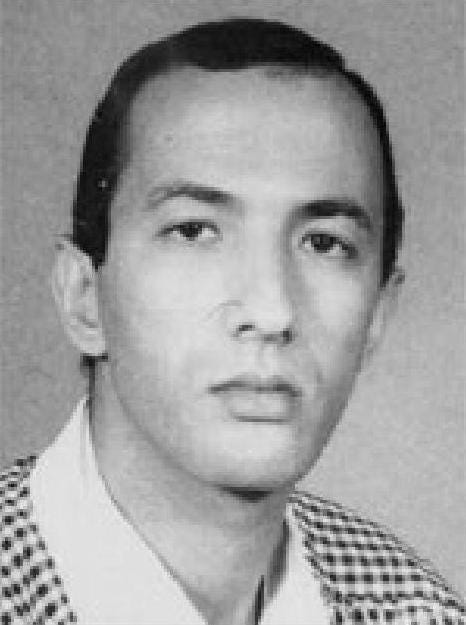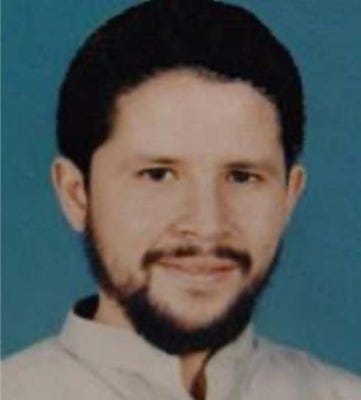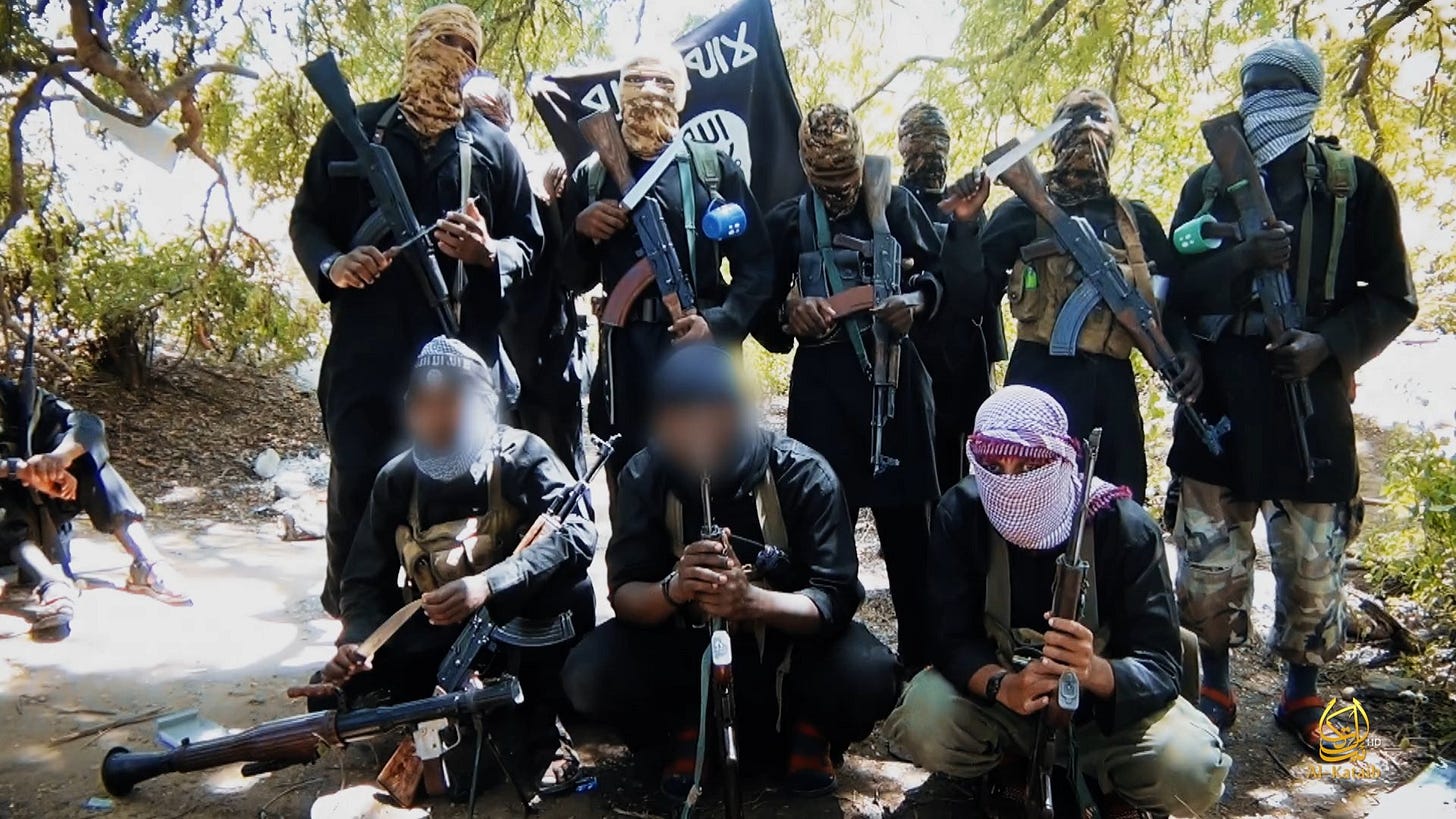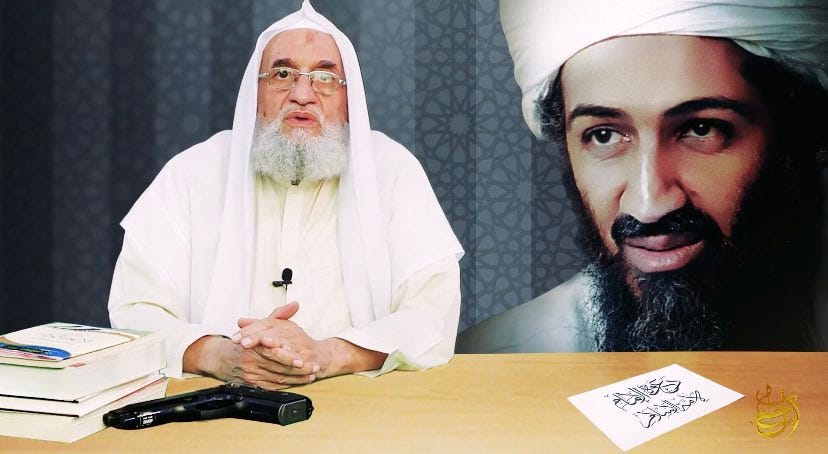What is Al-Qaeda’s Future? An Interview with Saleh al-Hamwi, Former Founding Leader of Al-Nusra Front
The recent killing of al-Qaeda chief Aymen al-Zawahiri has raised many questions from analysts, researchers, and journalists about who the next leader of the organization might be. Over the years, many names have been mentioned, numerous analyses have been made on the status and dangerousness of al-Qaeda, and now, attempts are being made to understand what the group’s future will hold. This interview is intended to provide some answers through perspectives provided by Saleh al-Hamwi, a former founding leader of al-Nusra Front, a connoisseur of jihadist dynamics, who is now a political researcher specializing in radical groups.
Before we start, as mentioned you are a founding leader of the al-Nusra Front in Syria, what happened?
I left Jabhat al-Nusra in 2014 and since then I have written against it after its deviation and the start of its fight against the Free Army factions. Because of my writings against it, I became wanted by them for arrest and they circulated my name at their checkpoints and formed a special team to pursue me as they formed a special technical team to hack my accounts on social media.
How do al-Qaeda supporters view the fact that al-Zawahiri was killed in Kabul while he was protected by the Taliban?
No, al-Qaeda supporters know that the Taliban has not changed towards al-Qaeda in terms of its support and protection, but at the same time, it will not allow it to launch operations against America from the lands of Afghanistan. Then the Taliban has several wings, a wing that rejects al-Qaeda at all, and a wing that says only to protect it from religious and moral duty, it is a very small group. They are supported by the Haqqani Network.
Could Saif al-Adl be the new leader of al-Qaeda? How do al-Qaeda supporters view the fact that Saif al-Adl has been in Iran for 20 years?
Saif al-Adl cannot leave if he is under house arrest in Iran. The terms of the deal between the al-Qaeda branch in Yemen and Iran were that the Iranian diplomat is released in exchange for the release of al-Qaeda leaders in Iran.
Iran agreed, but it stipulated that Saif al-Adl and Abu Muhammad al-Masri remain on their lands and are prevented from leaving. Therefore, al-Qaeda supporters in Syria excuse Saif al-Adl because he is coerced and does not have the freedom to move outside Iran.

Of course, they see him as the most appropriate leader of al-Qaeda after al-Zawahiri, and they regard him with respect, especially al-Zawahiri assigned to him with the Syria file.
Who among the affiliates might not swear allegiance to Saif al-Adl?
No affiliate does not pledge allegiance to Saif al-Adl, but the obstacle will be Iran. I do not think the al-Qaeda Shura Council will accept swearing allegiance to Saif al-Adl as long as he is under house arrest.
What are the chances of Abu Abd al-Rahman al-Maghrebi and Abu Abd Karim al-Masri becoming leaders of al-Qaeda? Are there other potential names? Like the leaders of AQAP, al-Shabaab, or AQIM?
The leaders of the Islamic Maghreb have no chance at all because of the geographical distance on the one hand and their lack of a long jihadist history on the other hand. Abu Abdel Karim al-Masri is old and sick and is in a place that cannot carry out the tasks of al-Qaeda, so he is excluded.

As for the leaders of the Arabian Peninsula, after the killing of Nasser Al-Wuhayshi, there is no longer a person who possesses the charisma of leadership, so there is no candidate for them.
How can al-Qaeda operate now in the absence of al-Zawahiri? Will the next al-Qaeda leader lead the organization to be able to bring about substantial change?
I said since 2014 al-Qaeda has ended, and its presence is only symbolic and no longer attracts Muslim youth, and has not succeeded in any action against American and Israeli interests (this is its combative creed). ISIS also destroyed 85 percent of its branches and al-Zawahiri with his historical symbolism did not succeed in gathering the diaspora of al-Qaeda and advancing it, so how with the new leader? It certainly won't make any difference to it.
What could happen in Syria? Do you think some independent jihadist groups might pledge allegiance to al-Qaeda with a new leader?
There will be no change in Syria, neither negative nor positive, the Hurras al-Din group will remain as it is, chased by HTS (Hayat Tahrir al-Sham), weak and does not have any financial resources, and not have the ability to work against the regime, its presence is only symbolic until al-Qaeda says we have a branch in the Levant.
Do you think that with a new leader like Saif al-Adl, who was in charge of the Syrian branch, Hurras al-Din can be reborn?
Hurras-Al-Din is very weak and is being pursued by HTS, and its crisis is not a leadership crisis, but rather a crisis of material capabilities and an arena to operate freely, so no new leader can advance it.
How do you think the situations of groups like Ansar al-Islam, Ansar al-Tawhid, and other groups close to al-Qaeda could evolve?
Ansar al-Islam and Ansar al-Tawhid did not swear allegiance to al-Qaeda because they were not convinced of it, but they maintain advocacy and cooperation relations with its branch in Syria.
If they were on a methodological and ideological accord with al-Qaeda, they would have joined Hurras Al-Din since its formation.
Is there any Islamist group in Syria or other areas that may decide to join al-Qaeda with new leadership?
As for the rest of the Islamic groups, they do not have contact with al-Qaeda, and they differ from it ideologically.
Do you think that with a new leader, al-Qaeda could resume its stronger and more centralized military activity? Could its strategy change?
No, the central base does not have any strength or capabilities and it relies on local branches now all branches are pursued and weak. The only branch that has capabilities is the Mujahideen Youth Movement in Somalia. Of course, its work is limited to Somalia only.

I do not know why the West does not want to be convinced that al-Qaeda has ended. Communication exists and is only symbolic. Each local Islamic group has its own Shura Council, its decisions are independent, and its connection to the leadership of al-Qaeda is only symbolic. Of course, we are talking about the local al-Qaeda branches.
What do you think the future relationship between HTS and al-Qaeda might be, and will the clashes between AQ and IS continue?
The clashes between al-Qaeda and ISIS will continue and will not end. As for HTS and al-Qaeda, there has been a final separation between them and there is no return to relations. Al-Qaeda believes that HTS has deviated from the legitimate path and betrayed it.




الشياطين عندما يحاولو سرق خبر من أخبار الغيب يضيفون عليه ١٠٠ كذبه ليخيل للسامع انها صحيحه وانت تفهم قصدي
القاعدة شر وبلاء على الإسلام والمسلمين والآن تقوم بدور النظام في المحرر وغدا سوف تتضح الحقايق كما اتضحت مع الآغا في التسعينات وغزوا العرق هاو الجولاني المجرم ربيب القاعدة ومخبر النظام يقوم بنفس الدور ولكن من يوقظ المغفلين اتباعه من سباتهم